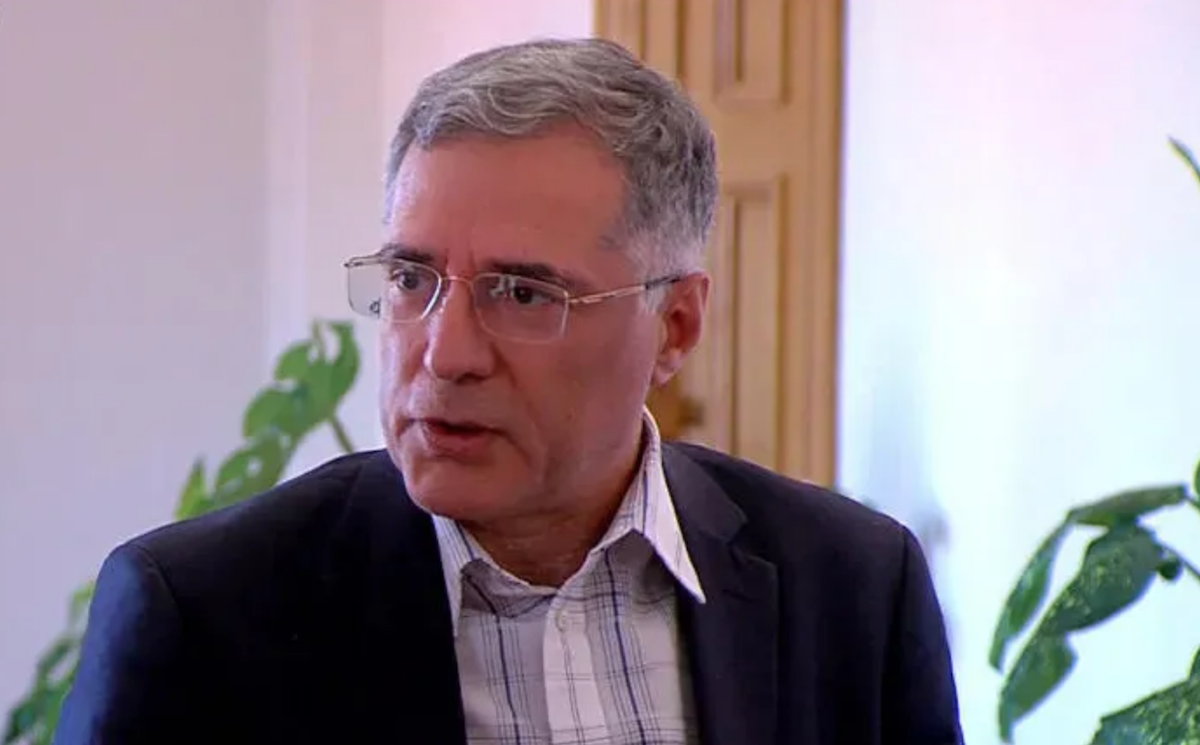Georgia 100 percent dependent on Russian wheat – bread prices may rise
Georgia 100 percent dependent on Russian wheat – bread prices may rise
From January to July, Georgia has bought wheat exclusively from Russia, purchasing a total of 223,000 tonnes of wheat for a total of $49,371,000.
The cost of wheat has been steadily rising lately on the world market, including in Russia. One tonne of Russian wheat brought to the port of Poti, which used to cost $205, now costs $215. It is possible that prices of imported wheat will continue to rise.
Rising wheat prices in Russia may lead to increased bread prices in Georgia
Georgia has a sufficient reserve of wheat, so the rise in prices has not been noticeable so far, says Levan Silagadze, executive director of the Association of Wheat and Flour Producers.
Silagadze says that the price of bread and wheat in Georgia will rise if the price of Russian wheat rises by another $15, but even then, the rise in bread prices will not be “dramatic”.
“Of course, the prices rising globally will affect us as well, but if we tap into our reserves, the process is slow. If the price does not increase by another $15, flour and, consequently, bread will not rise in price. We may see certain changes, but they won’t be dramatic”, says Silagadze.
Russia – the main, and now only wheat importer
Russia is the main importer of wheat to Georgia. This has been the case for years. But in previous years, unlike 2020, Georgia purchased wheat from other countries.
87.3 percent of the wheat imported to Georgia in 2019 – 430,236 tonnes (totaling $90,600,000) – came from Russia.
But last year, Georgia purchased wheat from Kazakhstan – 56,248 tonnes, worth $13,200,000.
The top five wheat importers to Georgia, in addition to Russia and Kazakhstan, were:
USA – 6,000 tonnes, $1,100,000;
Iran – 230 tonnes, $45,500;
Turkey – 45 tonnes, $24,100.
Minister of Economics Natia Turnava said last year that in order to encourage exports to Georgia, the Kazakh government planned to subsidize 50% of the cost of transporting the grain, which would allow Georgia to purchase wheat from Kazakhstan at a relatively affordable price. But due to the poor wheat harvest in Kazakhstan, the agreement did not end up coming into force.
No one will know exactly how large Kazakhstan’s wheat harvest is this year and how much Georgia will buy until the end of September, when the wheat harvest begins.
In Georgia, 80-100,000 tonnes of wheat are harvested every year, which covers less than 10% of the overall consumption countrywide.



















